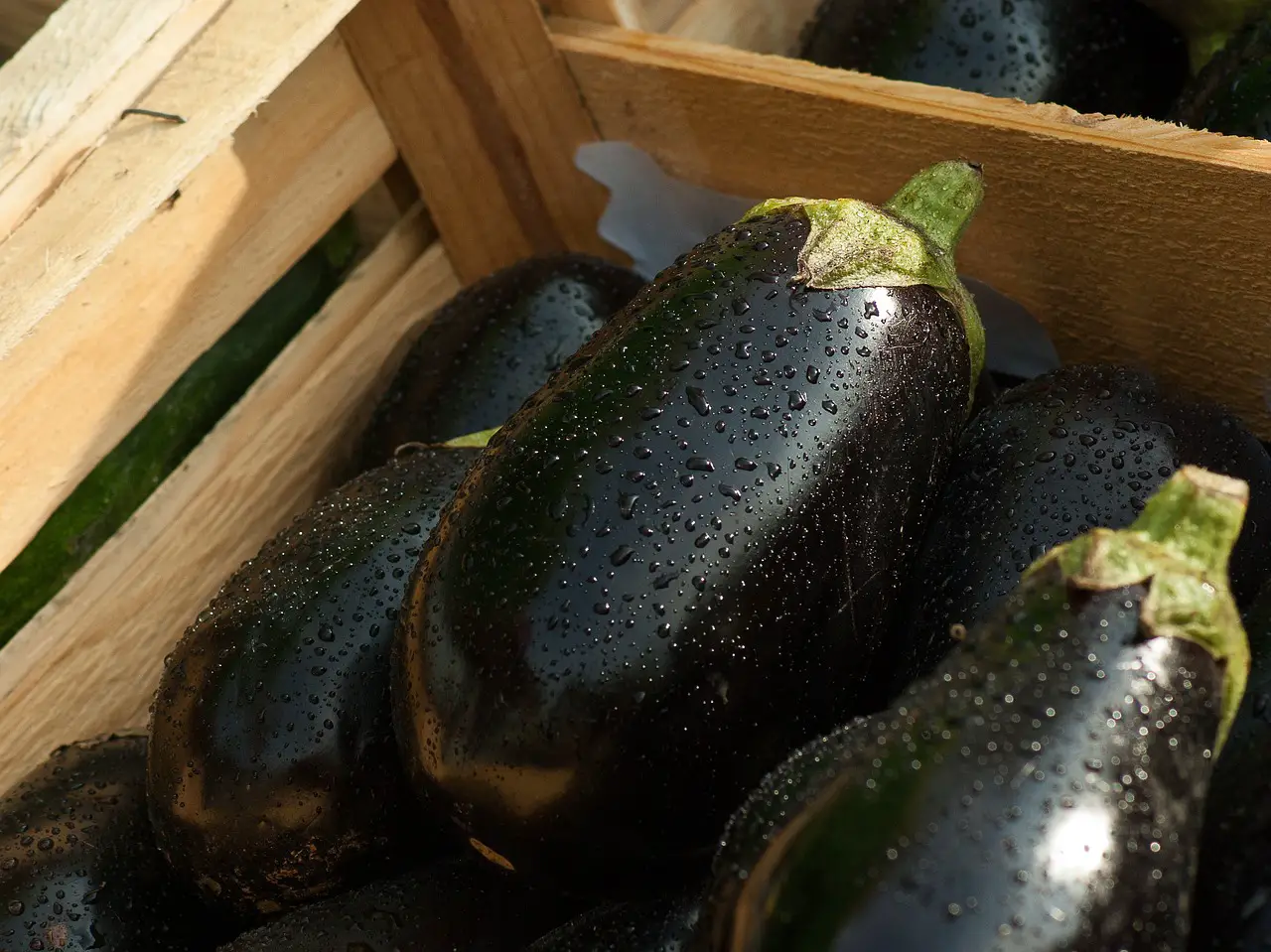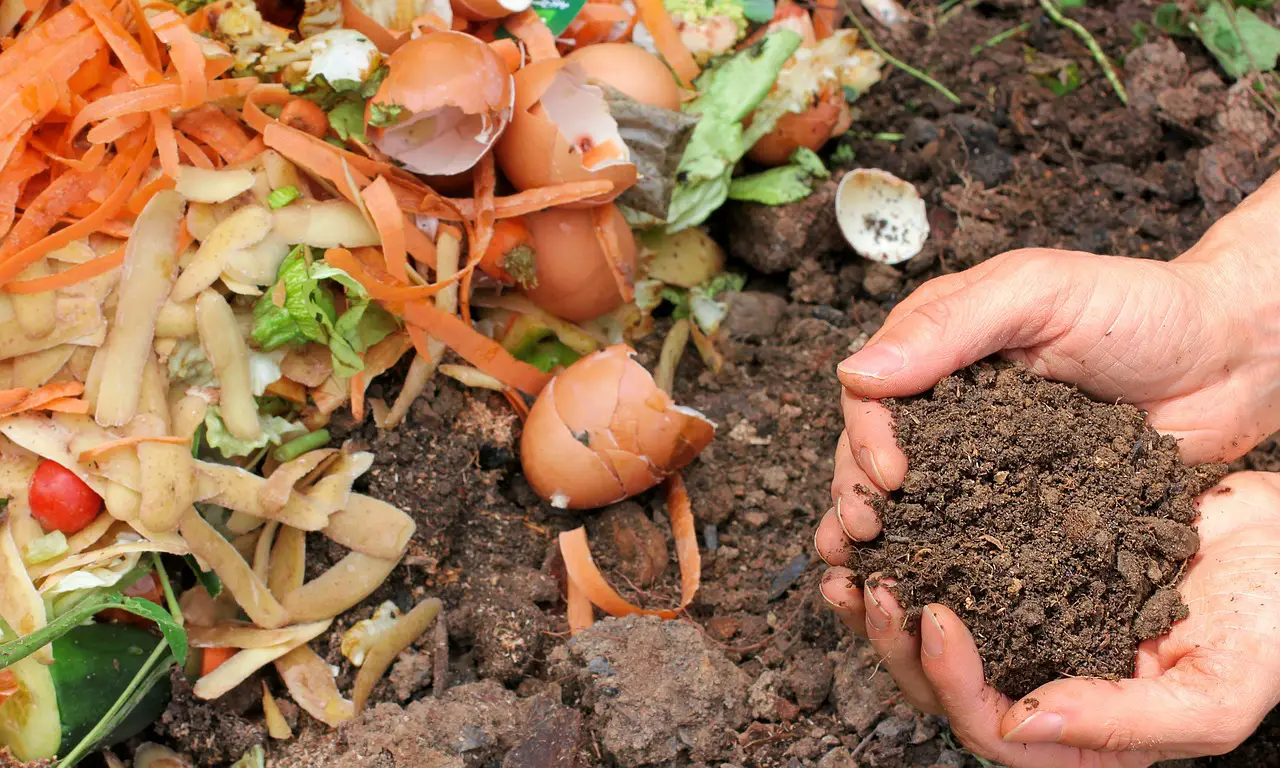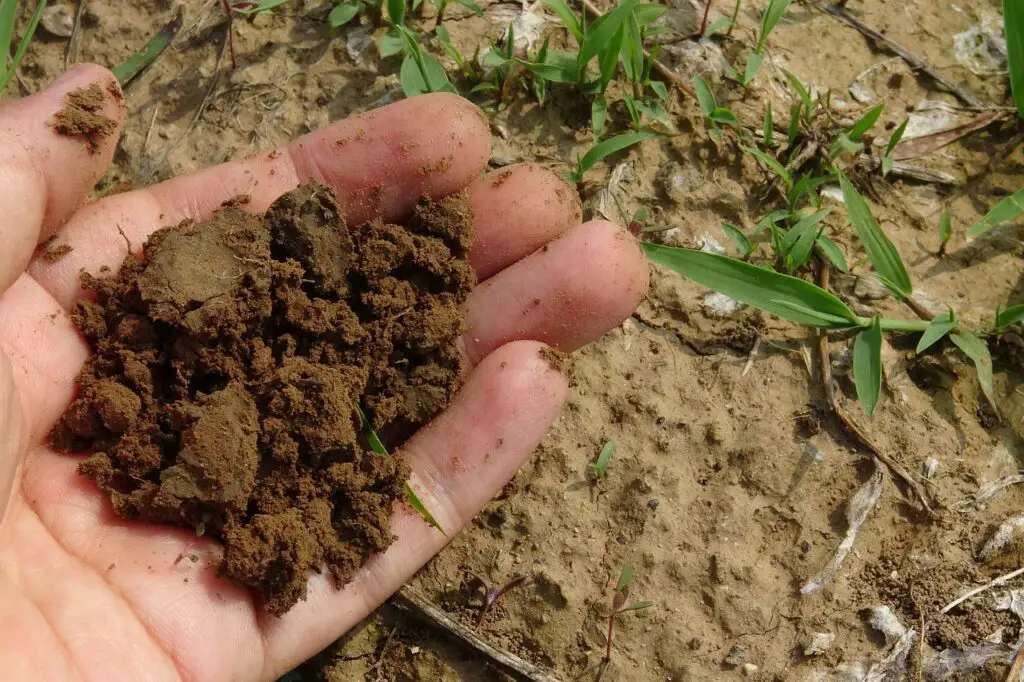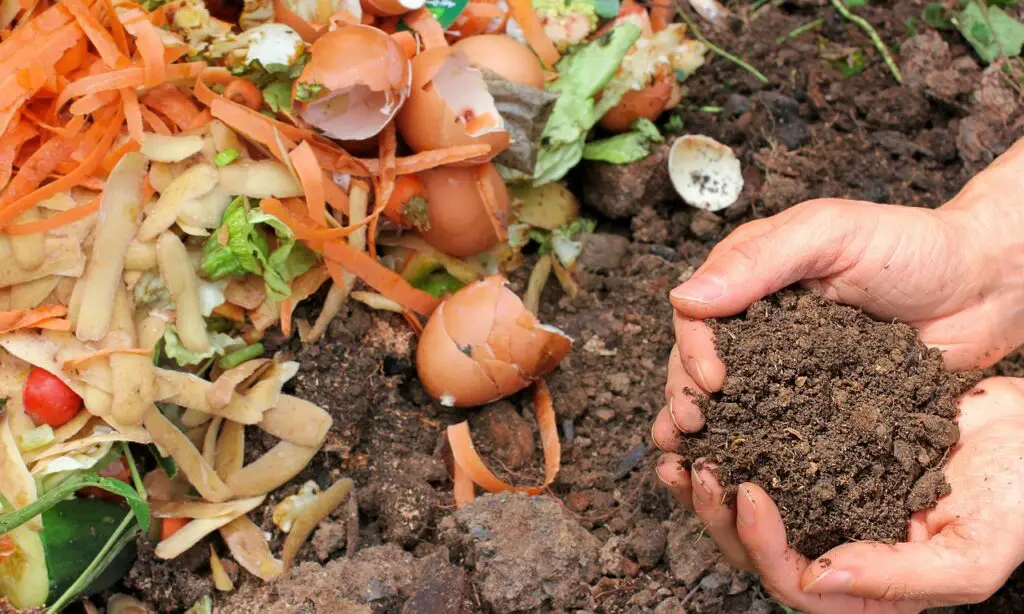If you’re looking for a way to add some extra pizzazz to your garden, consider using eggplant companion plants. By pairing eggplants with other plants that complement their growth and appearance, you can create a beautiful and functional garden that will be the envy of your neighbors. Here’s a guide on how to use eggplant companion plants to create a stunning garden.
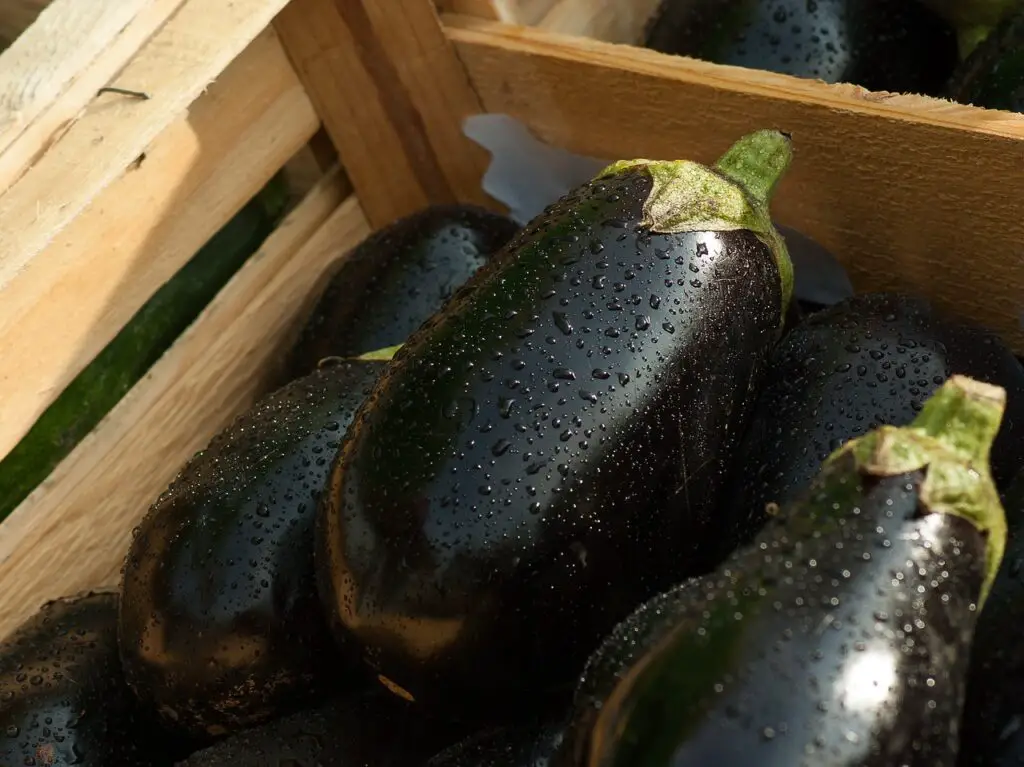
A Functional Garden
If you’re looking to add some beautiful and functional plants to your garden, eggplant companion plants are a great option. These plants can help to improve the overall health of your garden, as well as make it more visually appealing. Here are some tips on how to use eggplant companion plants in your garden:
Choose plants that will thrive in similar conditions to eggplants. Eggplants prefer warm weather and well-drained soil, so look for companions that have similar needs. Some good options include tomatoes, peppers, and basil.
Make sure the plants you choose won’t compete for resources. Eggplants need plenty of sunlight and room to grow, so avoid planting them next to shade-loving or fast-growing plants.
Consider the height of your eggplant companions. You’ll want to plant taller plants behind shorter ones so that all of the plants have a chance to receive sunlight. Good options for tall companions include sunflowers and corn.
Think about what you want your garden to look like. Eggplant leaves can be large and glossy, so choose other plants that will complement this look. Some good choices include ornamental grasses or smaller-leaved herbs like thyme or oregano.
Eggplant Companion Plants
Eggplant companion plants can help to create a beautiful and functional garden. Here are some examples of eggplant companion plants that can be used:
1. herbs – Herbs such as basil, oregano, and thyme can help to repel pests and improve the flavor of eggplants.
2. vegetables – Vegetables such as tomatoes, peppers, and squash can provide support for climbing eggplants and also help to deter pests.
3. flowers – Flowers such as marigolds and nasturtiums can add color and beauty to the garden, while also helping to attract beneficial insects.
Why Should You Use Companion Plants
There are many reasons to consider using eggplant companion plants in your garden. Eggplants are known to be heavy feeders, so they can deplete the nutrients in the soil quickly. Companion plants can help to replenish these nutrients, as well as provide other benefits such as pest control and improved drainage.
Some good eggplant companion plants include tomatoes, peppers, beans, and basil. Tomatoes and peppers are also heavy feeders, so they will help to replenish the nutrients in the soil. Beans are a good source of nitrogen, which is essential for plant growth. Basil helps to repel pests that might damage the eggplant crop.
When selecting eggplant companion plants, it is important to choose plants that will thrive in the same conditions as the eggplant. Eggplants prefer warm weather and well-drained soils. They also need full sun exposure to produce high yields of fruit. Choosing companion plants that have similar requirements will create a more successful garden overall.
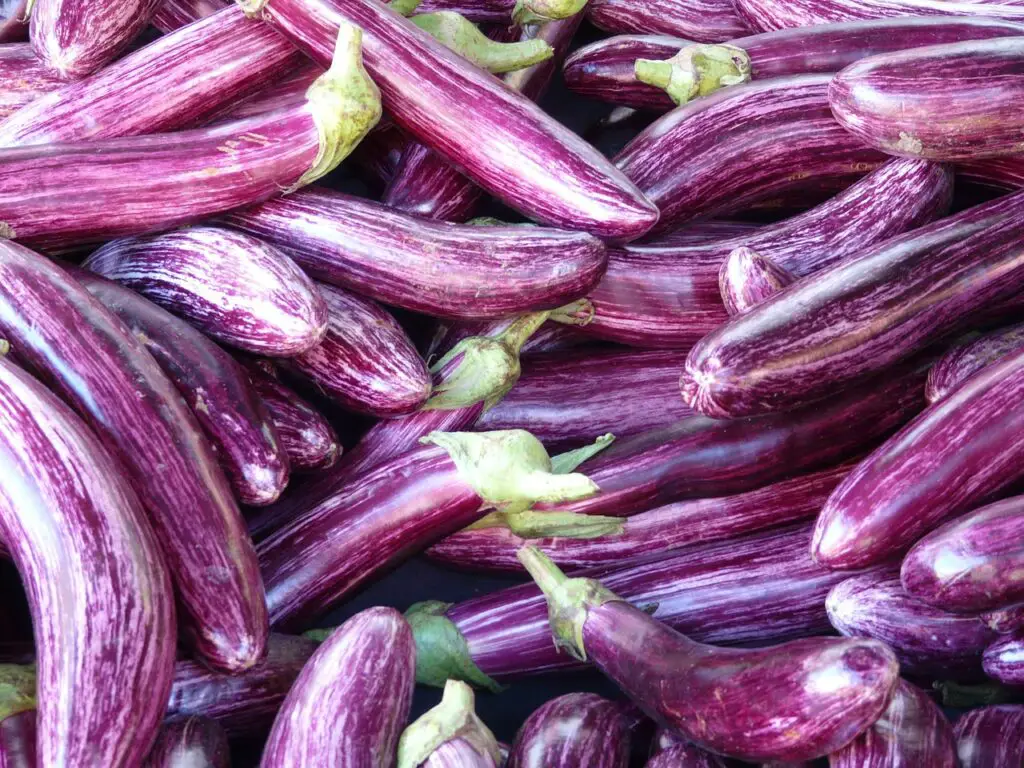
Conclusion
If you’re looking for a way to add some pizzazz to your garden, eggplant companion plants are a great option. Not only do they provide visual interest, but they can also help improve the health and productivity of your eggplant plants. When choosing companion plants for your eggplant, consider their height, growing habits, and water needs. With a little planning, you can create a beautiful and functional garden that will be the envy of your neighbors.
FAQ
Eggplant Companion Flowers
There are many flowers that you can grow next to eggplants. But the one we like to use is marigolds flowers or tagets. These are beutifull flowers that attract a lot of bees and help pollinate your garden so you can enjoy harvest later on during the season.
Eggplant Companion Herbs
Just like there are many flowers to choose from, there are many herbs to choose from aswell. We like using both basil and chervil to grow next to eggplants. They are easy to carefor and also delicous to use in cooking.
What To Plant After Eggplant
Eggplants doent harm the soil too much where they are rgowing. So its pretty free to choose whatever you want to grow there afterwarsd. We have however planted carrots quite often afterwards as it helps bring in a bit more air into the soil.
